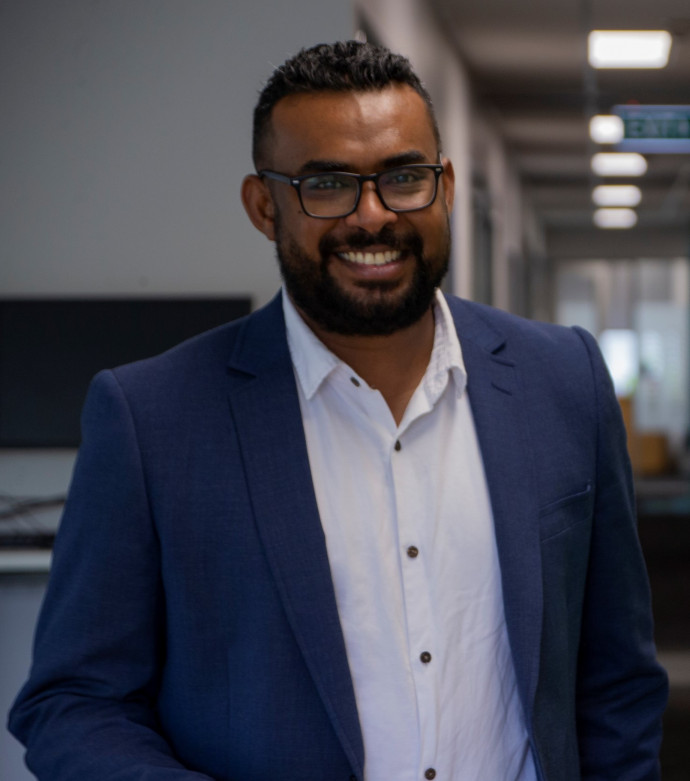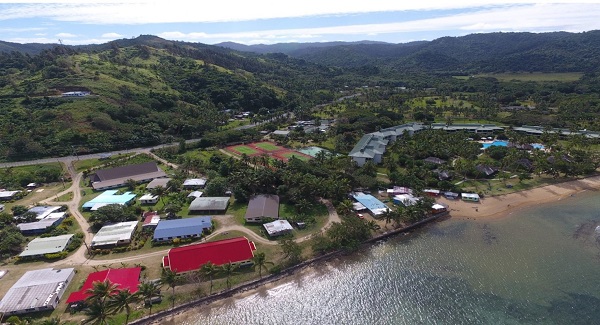Post-pandemic Pasifika: Rebuilding resilient and sustainable South Pacific tourism

Fijian researcher Dr Apisalome Movono from Massey University is exploring how South Pacific people involved in tourism have been impacted by COVID-19 and how they are responding. From lessons learned, the project will consider how tourism can be reimagined in more sustainable and equitable ways
Published on 3 Whiringa-ā-rangi November 2021
The global pandemic has led to the near collapse of the international tourism industry. The Pacific islands, in particular, are in financial pain, experiencing a $950 million decline in the regional economy. Yet the pandemic also provides an exciting opportunity for re-building tourism practices in a more sustainable and resilient way. Despite this unique chance for change, there are commonly held expectations of ‘bouncing back’ to a previous state of economic normality after a shock like the pandemic. This view is prevalent in global predictions of post pandemic tourism, which presume that ‘resilience’ simply means returning to ‘the way things were’. So far, little consideration has been given to the opportunity to reset and reorganise the tourism system to withstand a diverse range of shocks.

Aerial view of Vatuolalai village and the Naviti Resort, Western Fiji – a study site in this project. Image: supplied
Pacific peoples have adjusted their livelihoods and maintained essential food production and social safety nets in response to crises in the past. Dr Movono’s preliminary research has shown that those who have lost tourism income due to the pandemic are already using a variety of similar adaptive measures. By using a participatory, inclusive, and decolonised action-based research approach, his Marsden Fund Fast-Start project will expand theoretical models in Pacific tourism resilience research and generate meaningful and concrete actions for tourism that can withstand future uncertainties and shocks. The study looks to challenge colonial and capitalist views that tourism must return rapidly to the status quo, by taking a new path and drawing on indigenous knowledge systems to inspire innovation.
